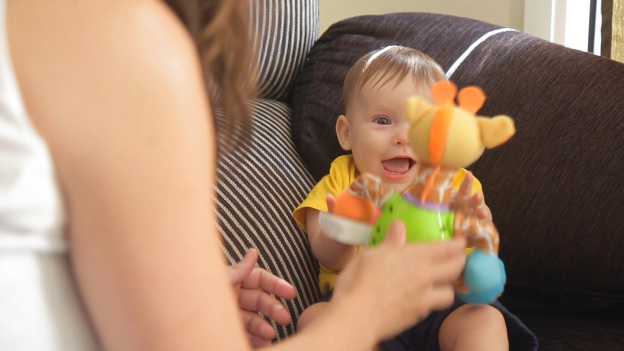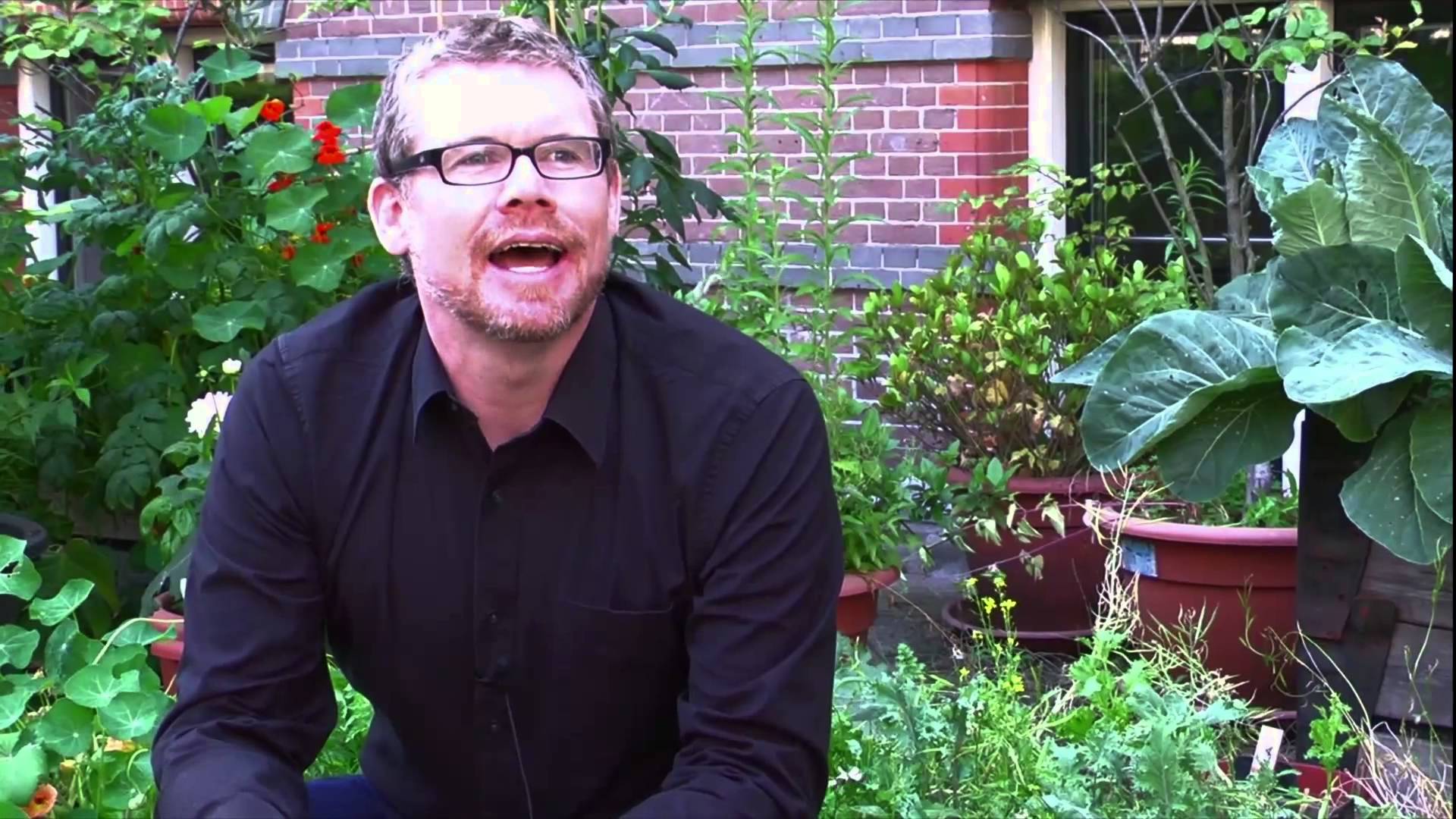“Word learning is a milestone on the path towards developing a uniquely human ability.”
Werker & Yeung, 2005
Word comprehension
Before they start talking, around twelve months of age, babies are able to understand quite a lot. The words and phrases they can comprehend are referred to as their “receptive vocabulary “.
Babies begin to build this receptive vocabulary from as early as six months. Word comprehension begins slowly. Often one of the first forms a baby will recognize is their own name, or words for members of the family -“mummy” or “daddy”. Also common are names for favorite toys, body parts, routine objects (e.g., “bottle”), and expressions used in social routines or games, such as “hello” or “peepo!”.
By 12 months, some children will have as many as 50 different words in their receptive vocabulary (although this varies a great deal). To check whether a child knows a word, you can see if they respond appropriately when you use it. If you ask a question, do they answer or act in response to what you say, based only on the words you’ve used?
Learning to understand words prepares babies to be able to produce them.
Children generally learn to understand words during what are called ‘joint attentional episodes’. Starting to comprehend words marks the beginning of vocabulary development, and sets the stage for word production (marking the start of a productive vocabulary). Critically, caregivers tend to realize when their babies have started to understand words, and change the way they talk to them accordingly, which in turn helps further developments.
Babies’ receptive vocabulary steadily grows with age, and can accelerate from about 13-14 months. However, it is important to recognize that each child will learn in their own good time and learning rates vary greatly. Generally, babies who understand a lot of words (i.e., have a large receptive vocabulary) also start to produce their first words early, although there are exceptions to this pattern.


